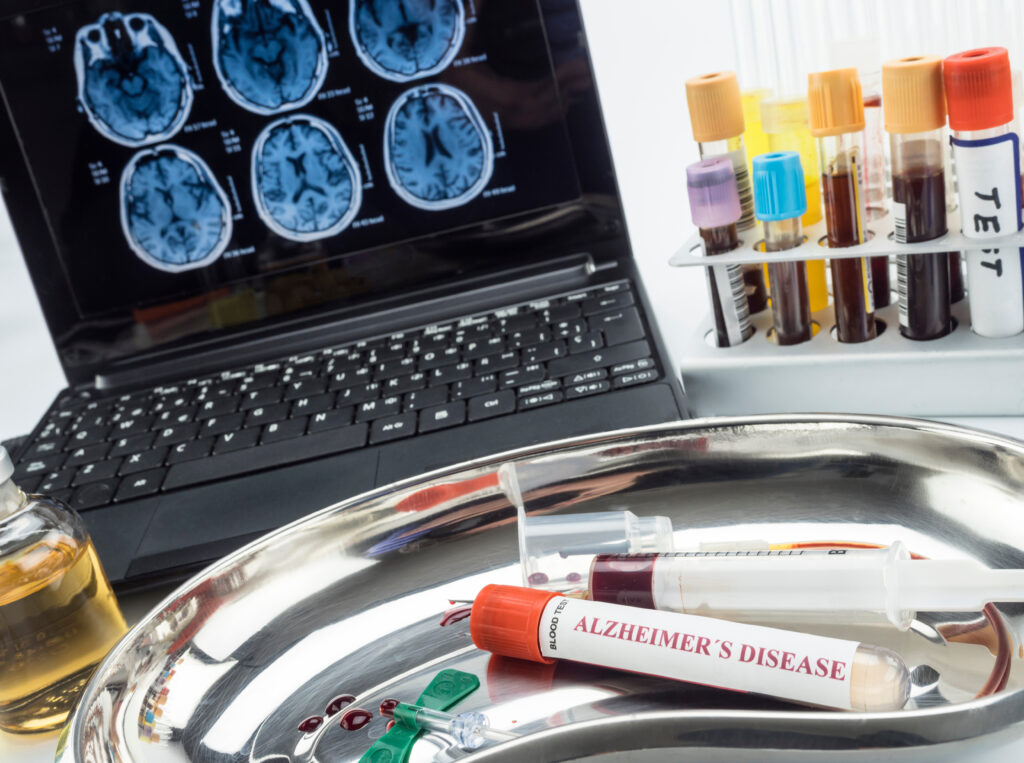
Dementia is a progressive brain disorder that affects memory, thinking, and behavior. It is a significant health problem, affecting an estimated 50 million people worldwide. The number of people with dementia is expected to triple by 2050, making it a major public health issue.
Low carbohydrate diets have been gaining popularity in recent years as a way to lose weight and manage diabetes. But recent research suggests that low carbohydrate diets may also have a positive effect on brain health and may play a role in reducing the risk of dementia.
The brain requires a constant supply of glucose, which is the primary source of energy for the brain. When glucose levels drop, the brain switches to alternative sources of energy, such as ketones. Low carbohydrate diets, such as the ketogenic diet, promote the production of ketones, which the brain can use as a source of energy.

Studies have shown that the ketogenic diet can improve cognitive function in people with Alzheimer’s disease and other forms of dementia. One study found that a low carbohydrate, high-fat diet improved memory and cognitive function in elderly individuals with mild cognitive impairment. Another study found that a ketogenic diet improved cognitive function in people with early-stage Alzheimer’s disease.
The mechanisms by which low carbohydrate diets may improve brain health are not yet fully understood, but several theories have been proposed. One theory is that ketones may improve insulin sensitivity and reduce oxidative stress, both of which are thought to play a role in the development of Alzheimer’s disease and other forms of dementia.
Another theory is that ketones may improve brain metabolism by increasing the availability of energy for the brain. This increased energy may help to protect the brain against damage caused by oxidative stress and inflammation.
It is important to note that while low carbohydrate diets have shown promise in improving brain health and reducing the risk of dementia, more research is needed to confirm these findings. It is also important to consult a doctor before starting a low carbohydrate diet, as this type of diet can have potential side effects, such as kidney problems and an increased risk of heart disease.

Low carbohydrate diets have the potential to improve brain health and reduce the risk of dementia. However, more research is needed to confirm these findings and to determine the best way to implement a low carbohydrate diet for optimal brain health. In the meantime, it is important to adopt a healthy lifestyle that includes a balanced diet, regular physical activity, and stress management to reduce the risk of developing dementia and to promote overall health and well-being.